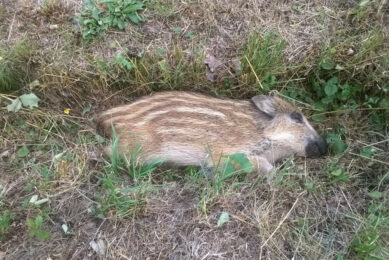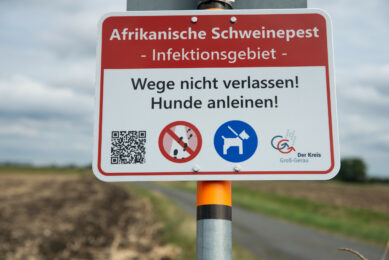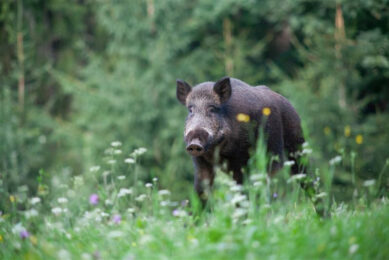ASF Estonia: virus hits commercial pig farms

Over the past month, 2 outbreaks of African Swine Fever have been reported at commercial farms in Estonia, raising concerns about a new epidemic in the Baltic region.
Nearly 6,000 pigs are due to be culled as a result of an outbreak at the Kisla pig farm in the Kastre region, on the south-east of the country, the Agricultural and Food Board reported in a statement on July 18.
The new case was registered less than a month after the disease struck another industrial farm. On June 28, the virus was detected at Viljandimaa, on the Tempo farm, where more than 2,700 domestic pigs were culled.
Exports disrupted
That outbreak even disrupted trade with neighbouring countries. Finland’s prominent food manufacturer, Atria, reported that it had to suspend pork imports from Estonia due to veterinary risks. Atria estimated that its business suffered a net loss of around €0.6 million due to a supply chain disruption.
New wave
These outbreaks could mark the onset of a prolonged wave of the ASF epidemic in Estonia, which is still in its early stages and could persist for the next 2 years, as warned by Arvo Viltrop, professor of veterinary biology and population medicine at the Estonian University of Life Sciences, in an interview with a local news outlet, ERR.
The resurgence of ASF in the country can be attributed to the wild boar population in the region, which has nearly doubled the recommended level, as pointed out by Viltrop. The last ASF epidemic in Estonia, Viltrop said, started in 2014 and reached its climax in 2016.
Wild boar
In recent years, hunters have failed to lower the population of wild boars, despite substantial efforts to achieve this task. According to Viltrop, quite a few farms in the country cannot properly protect their territories, and even install a decent fence to keep wild boar out.











